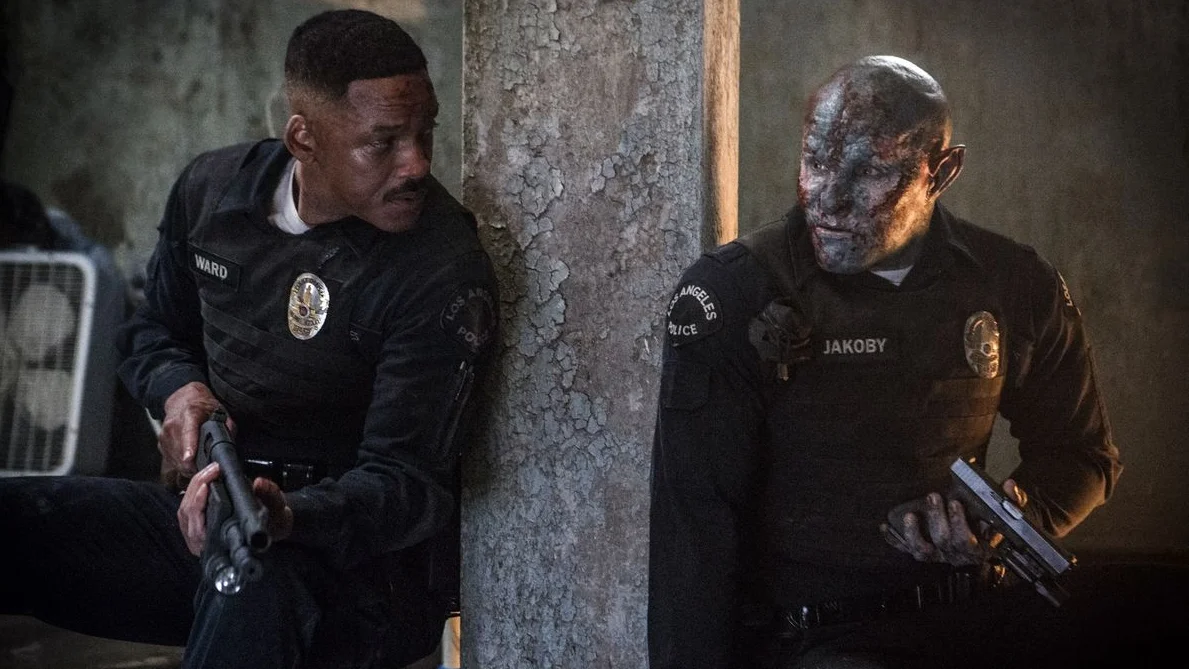Review: Phantom Thread
For much of his career, contemporary auteur Paul Thomas Anderson has spent his films studying commodification and dehumanization. In Hard Eight he examined the commodification of trust. In Boogie Nights, the commodification of lust. And, in There Will Be Blood, the commodification of land. In his latest, Phantom Thread, Anderson examines the commodification of bodies and beauty.
Reynolds Woodcock (Daniel Day Lewis) and his sister Cyril (Lesley Manville) are prestigious fashion designers in post-war London. They dress film stars, international royalty, and socialites in the distinct style of the House of Woodcock. As Reynolds churns through an ever-rotating cast of subjects, he remains detached and – despite being a “confirmed bachelor” – he is rigidly married to his rituals. In many ways, he views his models as bodies upon which to drape his creations, rather than actual people. He takes breakfast at a precise time, he expects his sister and his seamstresses to be present when he returns in the evenings, and he has freshly picked mushrooms for dinner each night. His life runs on a watch and that watch is never even a micro-second late. But, when a clumsy German waitress, Alma (Vicky Krieps), charmingly stumbles into his life, a battle of wills ensues as Alma begins to feel constricted by his rigid rituals and Reynolds resists her creeping attempts to force him to grow and change.
Like Park Chan-wook’s meticulously designed thriller last year – The Handmaiden – Phantom Thread builds steadily and slowly through a rigidly ordered, yet utterly fluid narrative. We leap back and forth in the timeline, contextualizing moments through flash-forwards to an interview in the future and revealing key information at the most opportune of moments through flashbacks to the origin of Alma and Reynolds’ relationship. There is a sense that, as we build steadily and slowly, Anderson is raising the temperature to a boil in order to see how, when, and – most importantly - why these characters crack. Like The Master, the ways in which Alma and Reynolds reveal their individual peculiarities never feels manufactured or overwrought. Instead, these are two characters who seem to transcend the borders of the screen. Their neuroses and frustrations, their hopes and dreams, their weaknesses and stresses always seem rooted in not just what has transpired just immediately before or what is feared to transpire in the immediate future, but also in childhood traumas and ghosts of past lives.
As Reynolds grows more intimate and vulnerable with Alma, his ability to commodify and refuse his creeping love for her becomes radically diminished. It may seem, at surface-level, like yet another clichéd examination of wounded people refusing love and dehumanizing in order to shut out pain, but Daniel Day Lewis and Vicky Krieps animate these characters in such utterly spellbinding fashion – and, certainly, these are two of the very finest performances of 2017 – that what might seem cliché feels utterly believable and fresh. And, as we build to the film’s blackly comic final note, Lewis and Krieps fully flesh out a portrait of a toxic post-war couple that tread the fine line between leaving enough room for repeat viewings and never feeling too dense to remain engaged.
If this is, indeed, Daniel Day Lewis’ final role, I can’t think of a better final note. Phantom Thread is a film replete with some of the best performances of the year and, most impressively, it is a film I will most certainly be returning to time and time again, simply to better understand two of the most interesting characters in film in 2017. This is easily one of the year’s best. It’s challenging, engaging, and darkly comic cinema. Don’t let it slip by.















